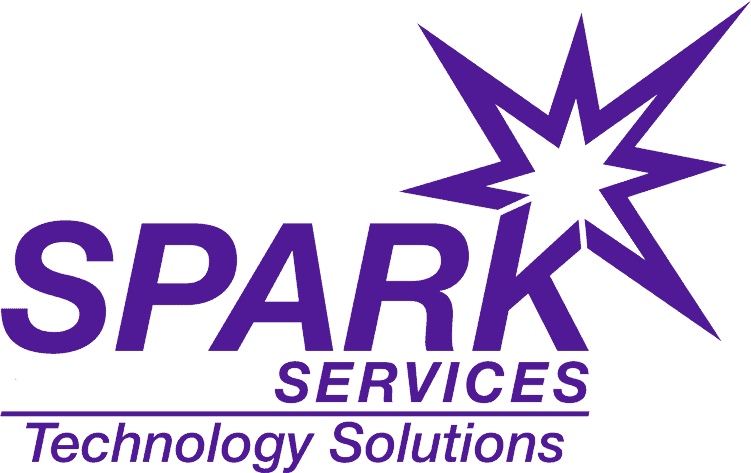
An internet-based telephony system that facilitates video calls and multimedia by means of internet connectivity is called a VoIP (Voice Over Internet Protocol) phone system. A VoIP differs from analog phone systems, in that it does not necessitate dedicated phone hardware. Even better, is the fact that users can make use of VoIP to call any mobile or landline. Moreover, VoIP can be used to call even computer-to-computer with an internet-connected tablet, mobile, or PC.
An analog phone system converts voice signals into electrical signals by traveling the length and breadth of a network of wires. A VoIP system also works on pretty much the same principle. The major difference is that phone wires and related hardware are not part of the machinery. Also, VoIP needs an internet connection instead of a telephone connection. Mobile devices with 4g, 5g, and LTE network capabilities can also transmit voice over data networks.
In VoIP, voice signals are converted into digital signals which are further broken down into several data packets that are dispatched over the internet. These data packets are reassembled to their original form, once they reach their intended destination.
Most VoIP phone systems provide a host of features that can assist businesses in managing their phone systems better, such as:
- Call queue management- VoIP enables a host of call queue management functions like call forwarding, call waiting, call screening, call conferencing, voice mail, etc.
- Real-time dashboard- The real-time dashboard allows VoIP administrators to add or remove phone numbers, teams, users, etc.
- Call masking- By making use of VoIP you can protect your businesses’ contact numbers by masking out-going calls. This feature works by showing a proxy number instead of the actual number, the call has originated from.
- Call routing- A VoIP phone system allows incoming calls to be segregated on the basis of business hours, location, skills needed to resolve the call, etc.
- Performance monitoring- Call center administrators can track the performance of their VoIP phone system on the basis of the quality of service, call duration, resolutions provided, and so on.
- Virtual phone numbers- Using a VoIP phone system, a business can buy both domestic and international virtual phone numbers by virtue of being an internet-based technology, VoIP gives the freedom to choose between local, international and toll-free numbers for mobile, landline, and virtual phone systems.
A VoIP phone system can provide a cutting edge to any business communication particularly for small businesses. Some of the benefits of a VoIP system are:
- IT workload is reduced to a bare minimum since VoIP is a telephony tool that runs on the cloud.
- VoIP facilitates freedom from a physical desktop. Employees are empowered to work together from remote locations.
- A VoIP phone system permits device interoperability facilitating easy access for customers from any device they are using.
- A VoIP system is a money saver because you can cut down on expenses related to line rentals, maintenance charges, service charges, etc.
So, if you are looking to upgrade to a VoIP system, look no further than SPARK Services. Our team of experts will guide you through the process of empowering your business.
Get in touch with us and watch your enterprise boom!



